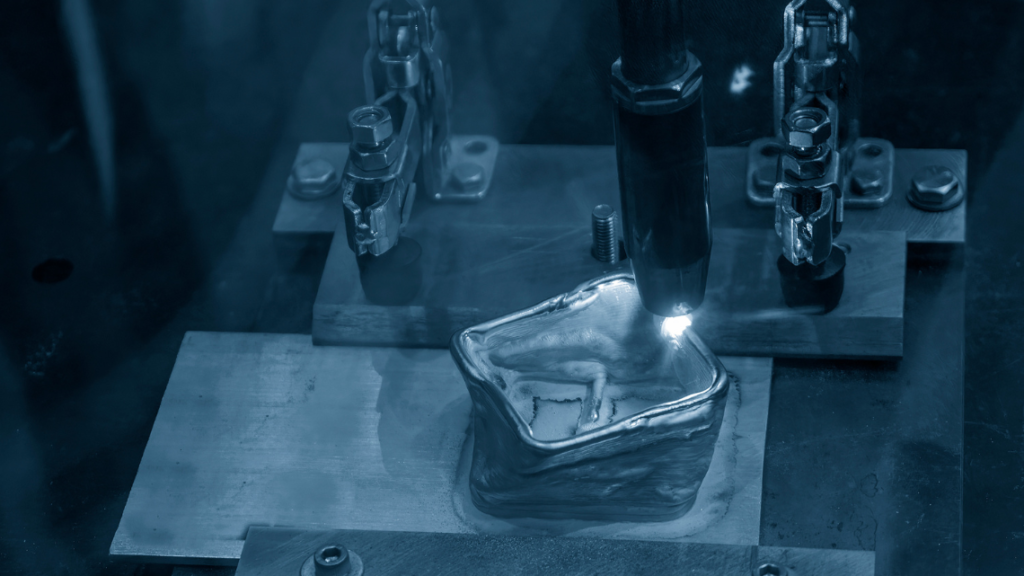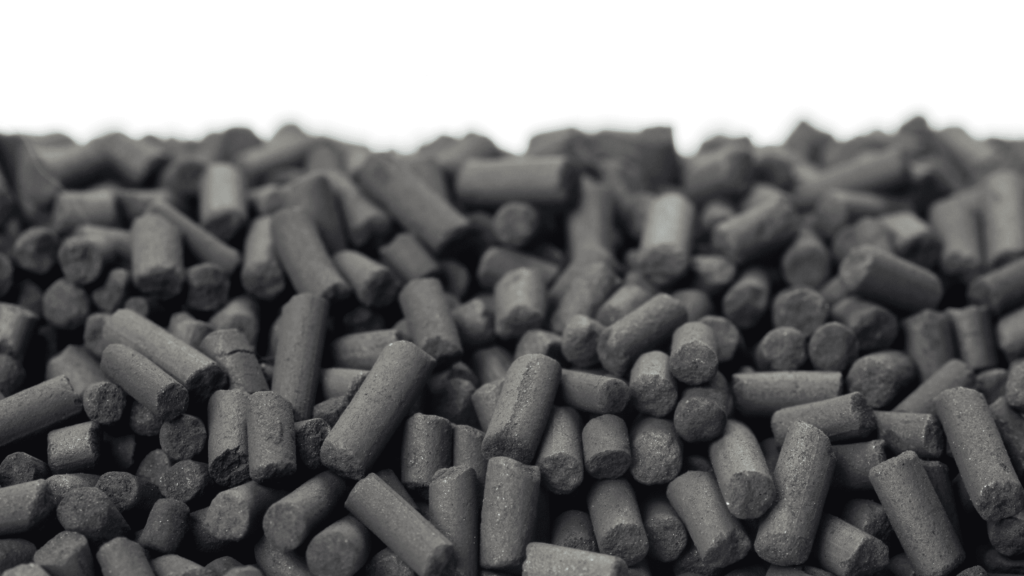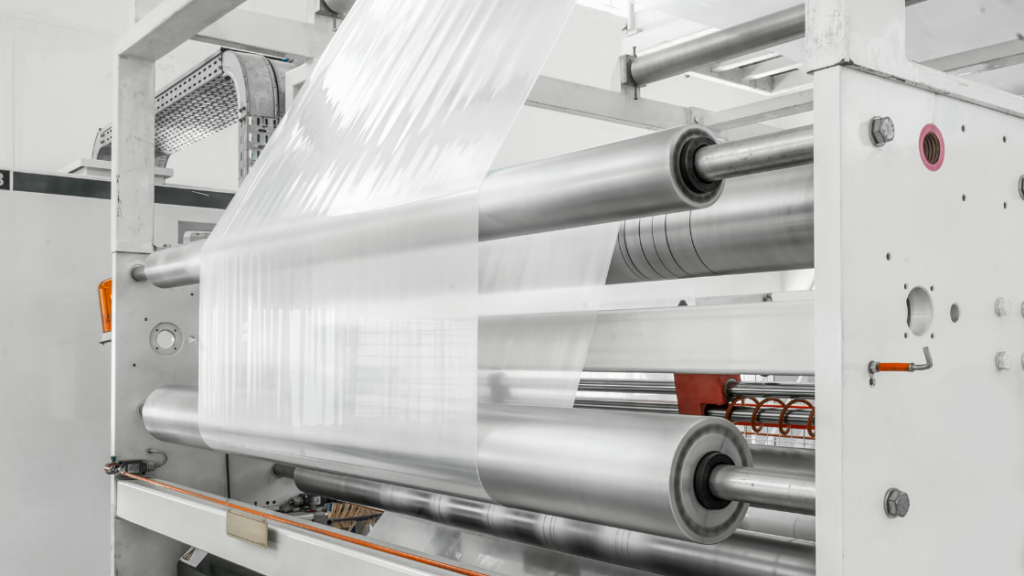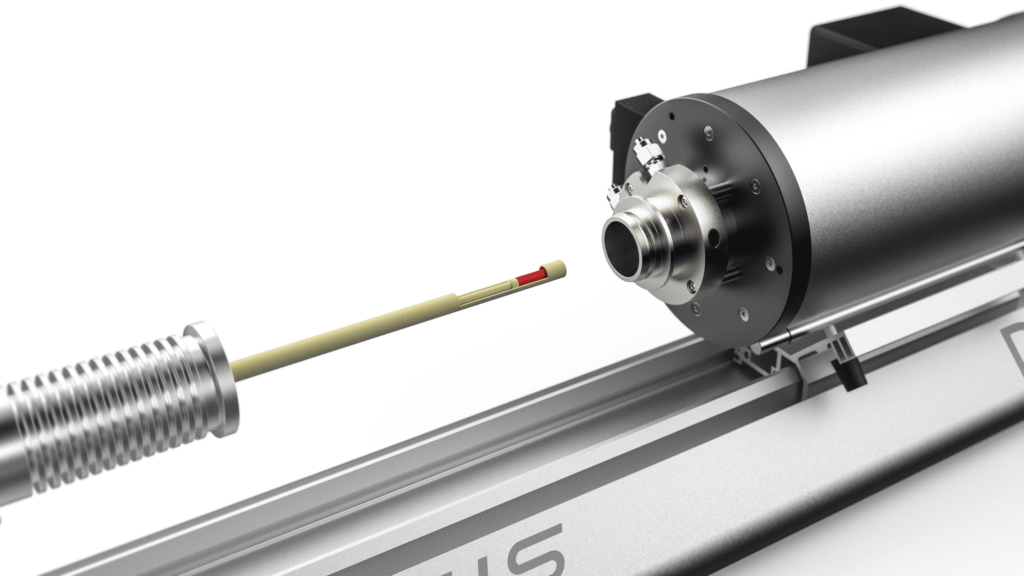Thermal conductivity measurement of nanomaterials

Nanomaterials are an integral part of modern key technologies. They are used in areas such as nanoelectronics, battery technology, medical technology and the energy industry.
Advancing Additive Manufacturing with Thermal Analysis

Additive manufacturing (AM), also known as 3D printing, is a process for building complex structures layer by layer.
Alloys and non-metallic materials

Alloys are metallic materials that play a central role in modern technology and industry. They are created by combining at least two elements, one of which is always a metal.
Efficient curing of epoxy resin: influencing factors and methods

Epoxy resin is a versatile and high-performance reactive resin that is used in numerous application areas such as the electrical industry, construction and the manufacture of fiber composites.
Thermal conductivity of porous carbon materials

Porous carbon materials, in particular carbon aerogels, are the focus of current research. These materials are characterized by an extremely low thermal conductivity, which is mainly due to their porous structure and low bulk density.
Wiki
Discover the Linseis blog: The latest insights and news from the world of measurement technology Additional devices & support Gas Dosing Systems Gas Safety System Moisture generator Steam generator Applications Automotive & Aerospace Batteries Building materials Ceramics & Glasses Chemistry Hydrogen technology Life Science Metals & alloys Nuclear & Energy Pharmaceuticals & Food Polymers Research […]
Glass Transition Temperature

The glass transition temperature Tg is a point on the temperature scale at which a polymer or glass changes into a rubbery, viscous state. However, this is not the same as the melting point.
Thermal Interface Materials – Overview and application

Thermal interface materials (TIMs) are used in the field of electronics to ensure efficient heat dissipation and prevent local temperature overloads.
Accurately measure Seebeck – importance in science and technology

The Seebeck effect enables the direct conversion of heat into electrical energy.
How does a pushrod dilatometer work?

A dilatometer is a measuring device for recording the thermal expansion of a material sample. The thermal expansion coefficient (CTE = Coefficient of Thermal Expansion) is calculated from the measurement results.
